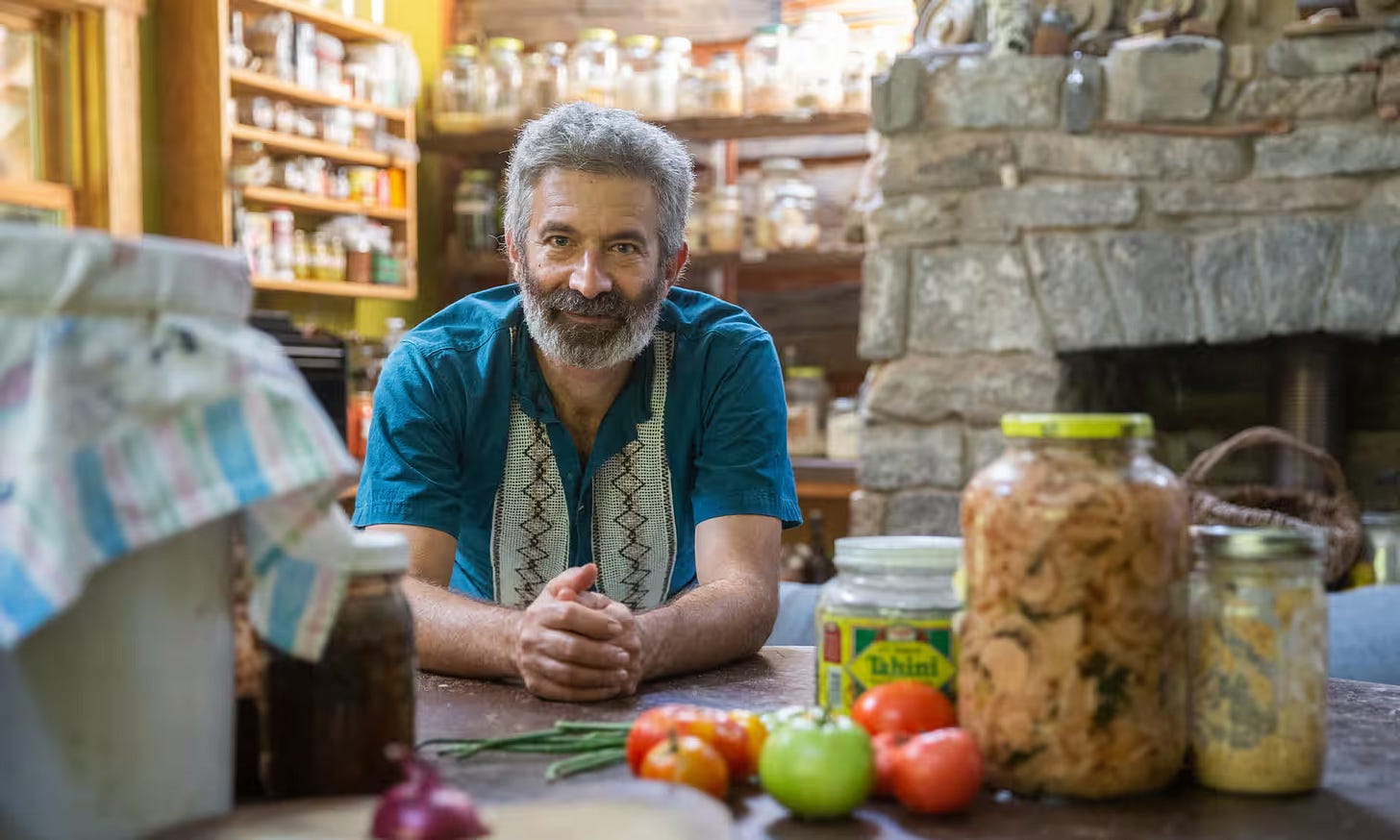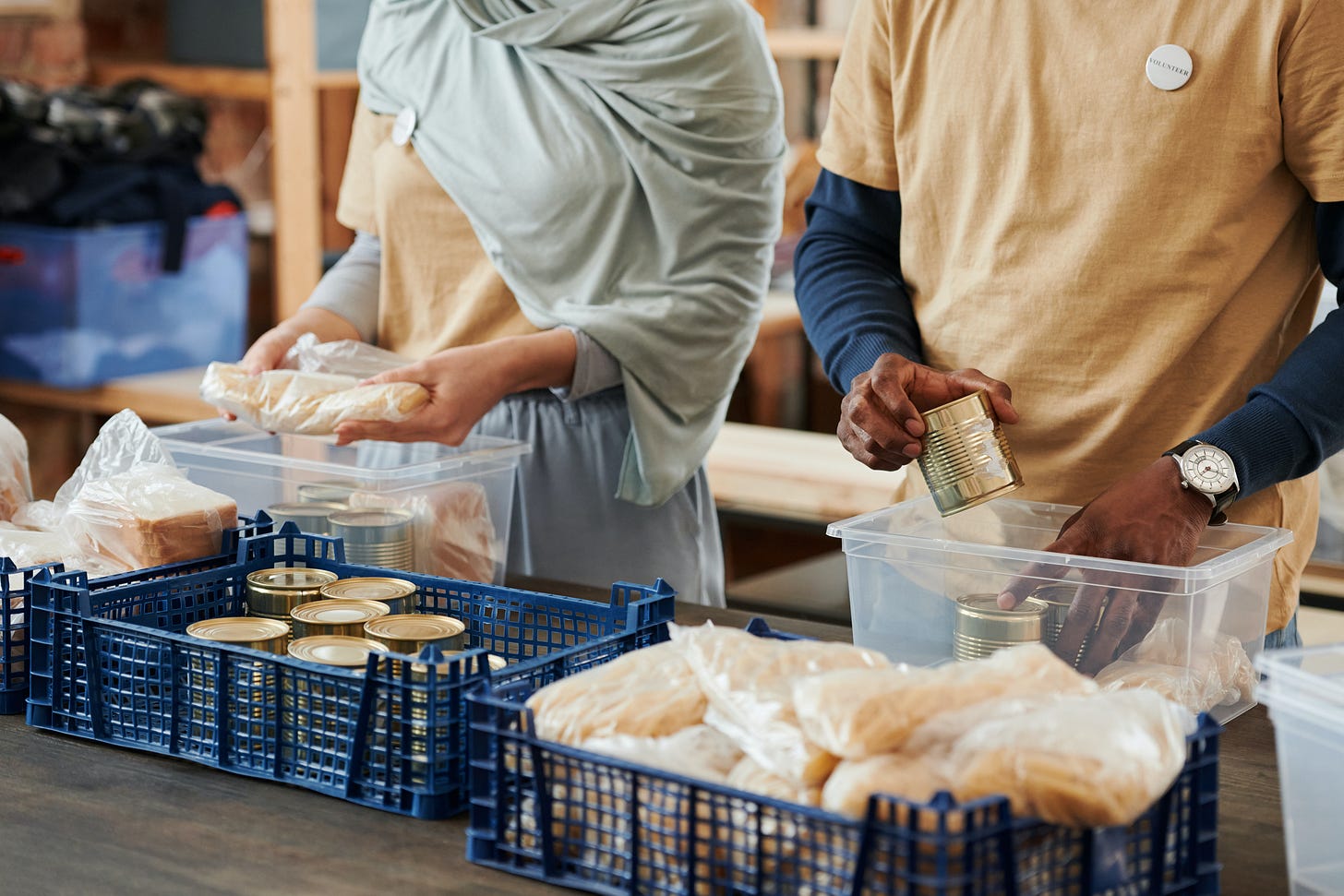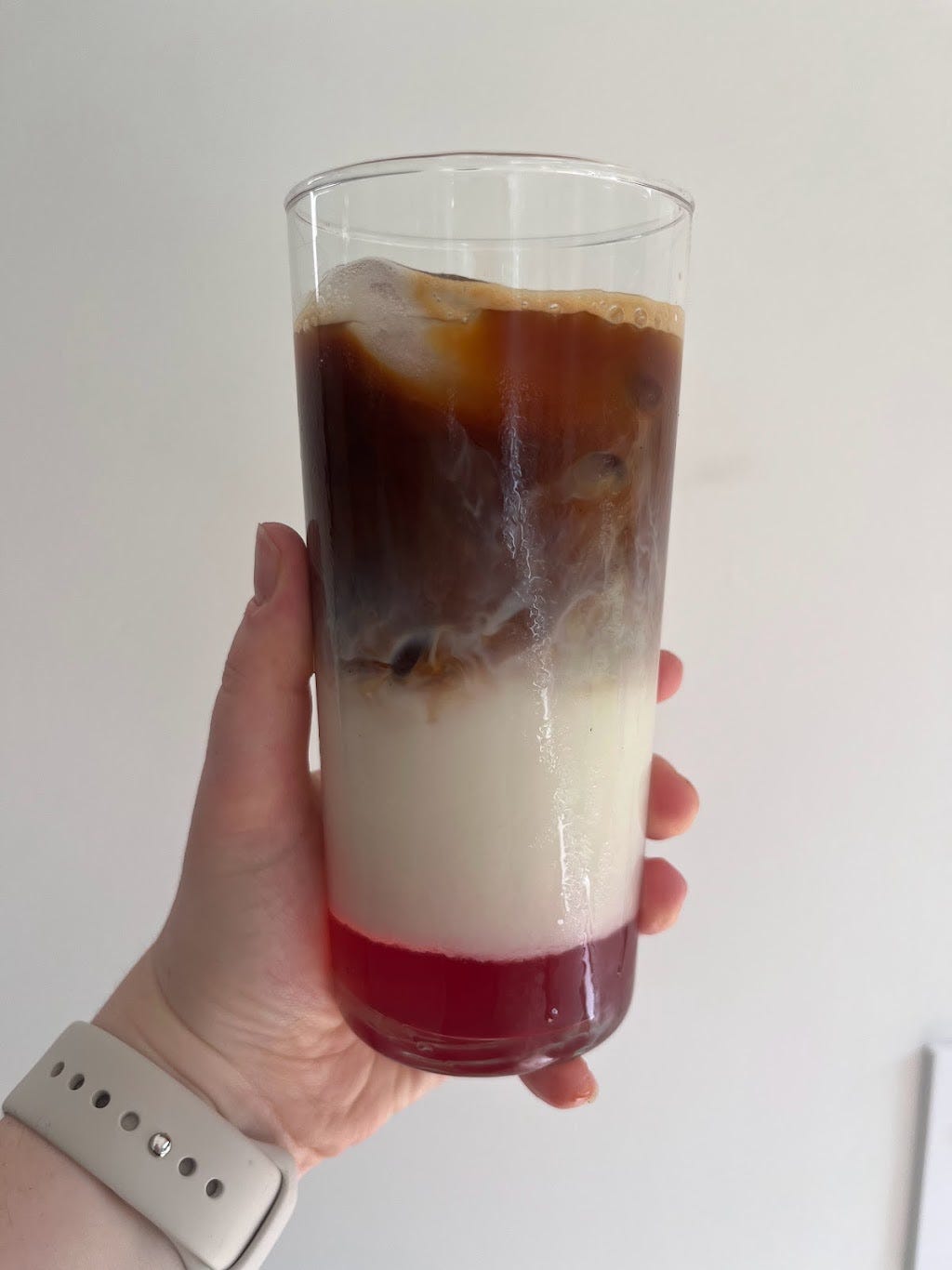We Should Talk About Food as Medicine's Queer Roots
The LGBTQ+ community deserves to benefit from the movement they helped build.
In recent years, food media has run away with the idea of “queer food” each June, writing plenty of think pieces on the origins of the concept to questioning whether queer food even exists at all. But this past Pride month, I noticed very little conversation on the role that food as medicine might have play for the LGBTQ+ community. And I realized that I had yet to see more than a select few speaking up about the relevant issues facing queer folks in this space.
It’s impossible to talk about food as medicine interventions like medically tailored meals without recognizing their deeply queer history. Medically tailored meals in particular were originally developed as an intervention to provide care to patients with AIDS, many of whom were too sick to properly care for themselves given the wasting effects of the disease. The AIDS epidemic and the suffering it caused for the queer community partially led to the creation of national nonprofit powerhouses like God’s Love We Deliver, who are now leaders in advocating for food as medicine and medically tailored meal programs. The Ryan White Treatment and Modernization Act, the largest federal act to provide support to HIV/AIDS patients, was also one of the first pieces of legislature recognizing the importance of investing in proper food and nutrition for sick individuals.
This foundation laid the groundwork for modern food as medicine. And as better treatment for AIDS became available, food as medicine programs expanded into meet new needs, such as chronic illnesses and diet-related diseases where food as medicine now plays a significant role. And despite their significant cost, medically tailored meals are a scientifically proven intervention that helps save healthcare costs and improves patient outcomes.
Queer folks have also had a hand in expanding our understanding of how food itself can impact our health. Fermentation, while a practice that has existed for thousands of years around the world, gained mainstream popularity within the queer community as a folk remedy for HIV. Today, public health and medical institutions are finding exciting evidence of the potential benefits of fermented foods on improving overall health and wellbeing, and fermented beverages like kombucha are found in almost every large grocery chain.

Against this backdrop, queer people are facing increasing threats to their health and wellbeing. In 2023 alone, a record 70 anti-LGBTQ+ laws have been enacted and more than 520 anti-LGBTQ+ bills have been introduced in state legislatures, over half of which specifically target transgender and nonbinary people.1 These attacks exacerbate deeply systemic inequities that queer folks have been fighting for decades. LGBTQ+ people are more likely to experience food insecurity, and queer families receive SNAP benefits at nearly double the average rate. The queer community is among those with the greatest need for community-based and nutrition centered interventions, as they also experience high rates of chronic and diet-related disease.2 And these inequities hit LGBTQ+ folks who are transgender, disabled, or people of color even harder.
Discriminatory laws have many harmful effects across physical and mental health, but perhaps one of their more insidious impacts is how they limit access to insurance, especially federal programs like Medicaid. Medicaid has recently begun testing a funding model for food as medicine programs across the country, an exciting step for the field. But lack of access to Medicaid among the LGBT community means they are less likely to benefit from these potentially life-changing programs. And while federal institutions like the USDA have taken steps to address discrimination based on gender or sexual orientation for programs like SNAP, more explicit commitments are needed to ensure LGBTQ folks can access food as medicine through a variety of channels.
There is some hope on the horizon. Food as medicine is gaining bipartisan support and future funding for interventions may be able to operate in some satisfactory middle ground. But it’s all too easy to also see a future where people are denied access to lifesaving food as medicine programs because of who they love.
Food as medicine advocates should make explicit commitments in support of the queer community. Food policy think tanks, community-based organizations, food as medicine nonprofits, and even healthcare systems administering programs like medically tailored meals all have an opportunity to stand up for the rights of LGBTQ+ folks in accessing the very interventions they helped shape. Protective policies, statements of commitment from coalitions, and continued research into the impact of food as medicine specifically on communities experiencing health inequities are all potential solutions that can help us ensure more equitable delivery of these services.
But for now, food as medicine has yet to acknowledge its queer roots and the importance of queer knowledge in this space. And as the entire food justice space has begun to reckon a bit more with its history, from acknowledging the indigenous origins of food sovereignty to creating intentional spaces for queer folks in the food industry, this is a conversation I look forward to seeing more of not just during Pride, but all year long.
What do you think? Have you seen any examples of food as medicine creating space for and acknowledging LGBTQ+ narratives? If so, please comment and share below.
Reading
This delightful take on what foods are queer, and why.
Cooking
I’ve just discovered the joy and ease of making cheongs, a type of Korean fruit syrup, from this fabulous content creator. My first cheong was made with strawberries and lemon, and I’ve become addicted to using it in an strawberry latte each morning. Sounds weird, looks cool, tastes perfectly sweet, tart, bitter, and creamy: the best way to start off a warm day.
Peele, Cullen. Roundup of Anti-LGBTQ+ Legislation Advancing In States Across the Country. Press Releases. Human Rights Campaign. May 23, 2023. Accessed via https://www.hrc.org/press-releases/roundup-of-anti-lgbtq-legislation-advancing-in-states-across-the-country
Center for Disease Control. Diabetes Risk in the LGBTQ Community. Accessed via https://www.cdc.gov/diabetes/library/features/diabetes_LGBTQ_community.html






